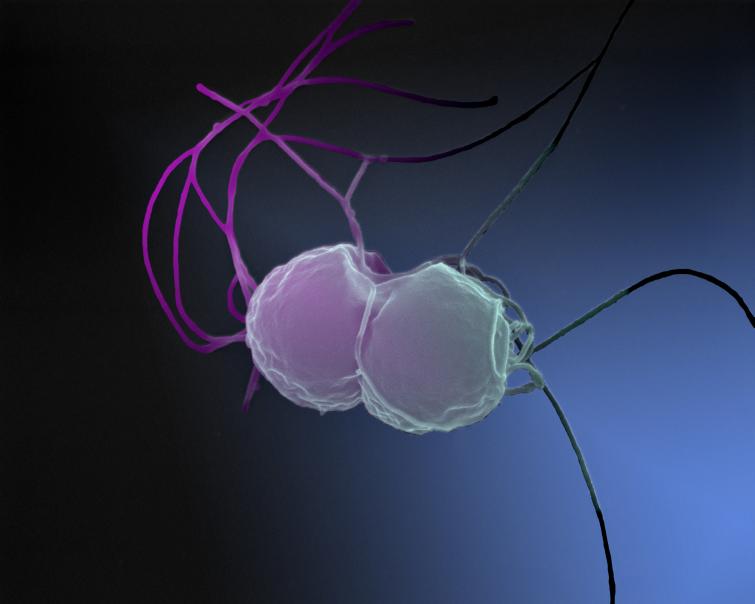
 News
News
How Helicobacter pylori survives stomach acidity
In a study published by Plos Pathogens, researchers at the Institut Pasteur, in collaboration with the Institut Armand-Frappier (Canada), identified a new nickel transporter in the gastric pathogenic bacteria Helicobacter pylori, allowing it to survive the acidity of the stomach and thus multiply and cause illness there.
The bacterium Helicobacter pylori colonizes the stomach of half of the world's human population. H. pylori infection is chronic and can progress from gastritis to more severe diseases such as peptic ulcers and gastric cancer, which is responsible for nearly 700,000 annual deaths worldwide. H. pylori and gastric Helicobacter are the only microorganisms capable of persistently colonizing the stomach despite its acidity.
More information (in french)